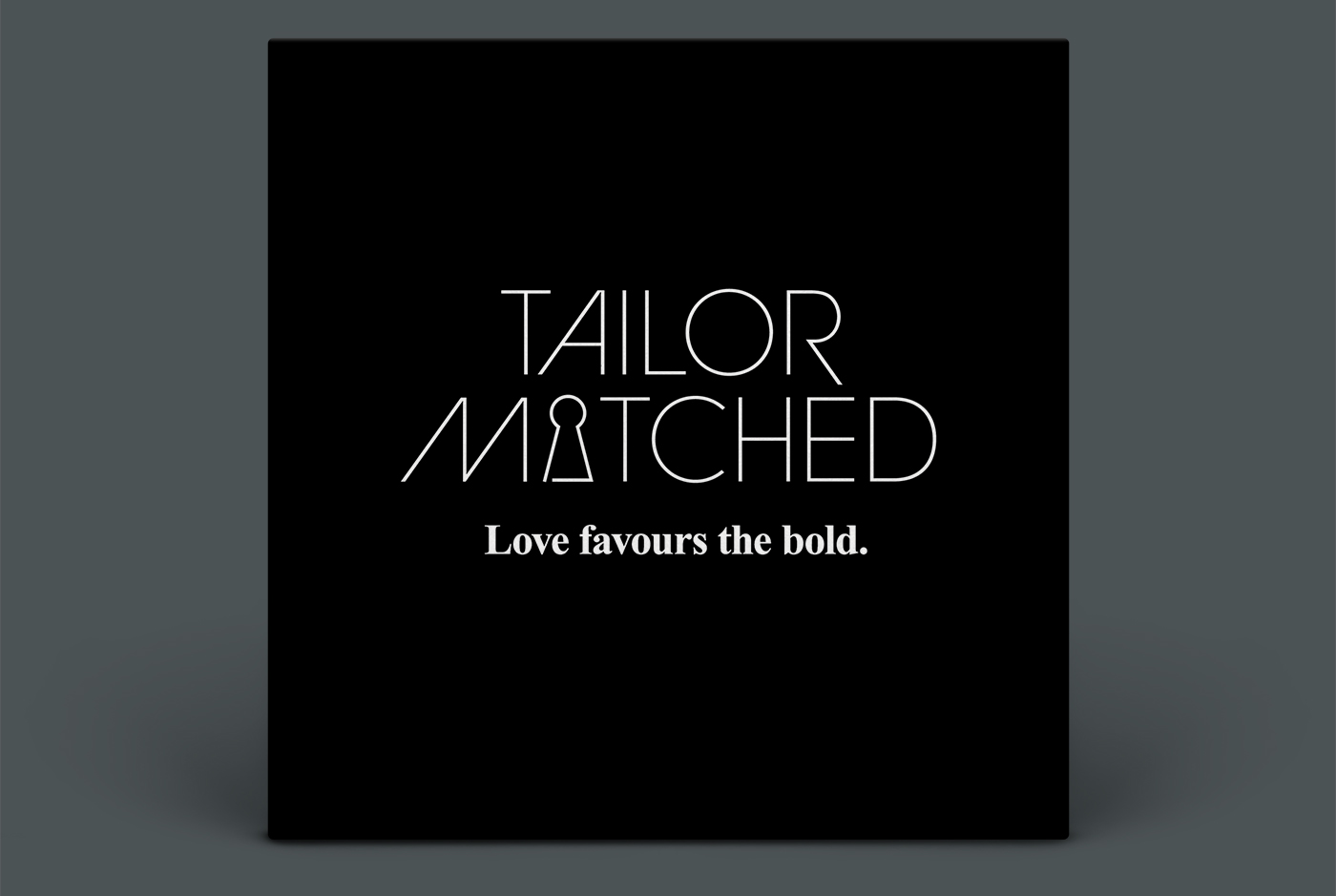According to relationship counsellor Gary D. Chapman, we could all be better partners if we familiarised ourselves with the five “love languages”. When it comes to dating, does speaking your lover’s language really matter?
What’s your love language?
It may have been written way back in 1992, but the popularity of a book called The 5 Love Languages, is still soaring. A manual for understanding what on earth goes on in the mind of the person you’re dating, it’s no wonder more than ten million copies have been sold.
Written by evangelical Christian pastor and marriage counsellor, Gary D. Chapman, the book proposes that there are five main ways people show affection and this also tends to be the way they prefer to receive affection, too.
According to Chapman’s theory, knowing what your current or prospective partner’s love language is helps aid communication and avoids those “he never compliments me”, or “she never does nice things for me” complaints.
Instead of a framework for understanding only yourself, The 5 Love Language is unique in that it also encourages you to understand your significant other.
So, what are the 5 love languages and how can you speak them?
Love Language 1: Words of Affirmation
This essentially translates to spoken communication. When you’re dating, notice if your prospective squeeze often gives your compliments, or generally speaks in an affectionate, loving manner. If they do, try reciprocating and see what happens.
If you struggle with whispering sweet nothings, take direction from your date. Note how they express gratitude, give compliments, and open up about what they’re feeling and follow suit.
Love Language 2: Acts of Service
If you’re somebody who struggles with expressing love verbally, maybe you like to show your love by planning indulgent dates, driving your sweetheart to an important appointment, or making the bed after a night of sweet, sweet loving (or sleeping). If your lover frequently does lovely little things for you – maybe it’s time to repay the favour?
Love Language 3: Receiving Gifts
Mmmm presents! If you’re somebody who prides yourself on giving brilliantly thoughtful gifts, you’re also likely to be someone who looks to receive the same back. And remember that giving and receiving gifts isn’t necessarily about monetary value.
If you’re dating someone who often surprises you with a bouquet of your favourite flowers or a bottle of your favourite wine, it might be an idea to work on your own gift-buying skills.
This love language is about paying attention to what your lover might like: from big birthday presents to everyday treats like a bar of chocolate, or a book they mentioned on one of your dates.
Love Language 4: Quality Time
If you speak the language of “Quality Time” you’re a person who expresses romantic affection by giving your lover your undivided attention. This is MAJOR in your dating life if you’re both really busy (and in London, who isn’t?). So if you’re having a romantic dinner together, don’t make plans to see friends for drinks afterwards. If you’re curling up with a film, don’t use it as an excuse to scroll through Twitter on your phone or message friends.
If you suspect your beau speaks this love langauge, show that you’re interested in their life by taking the time to really ask them about their day and tell them about yours – these little moments of connection can make a huge difference.
Love Language 5: Physical Touch
The last of Chapman’s languages of love is “Physical Touch”. If you’re a lover who speaks this language you prioritise sex and physical intimacy, and you’re ideally seeking someone who does the same. This isn’t just about sex though: if the person you’re dating loves cuddling, kissing and holding hands, this is probably their love language.
Make them melt by sugesting a shared shower in the morning, an evening massage, or a walk to the local pub hand-in-hand. This kind of physical affection lowers stress and promotes trust and bonding so it’s a win-win.
Whether the 5 Love Languages resonate with you or not, working out what you really value in a relationship is always a good practice, especially if you’re still hoping to find your ideal match.

